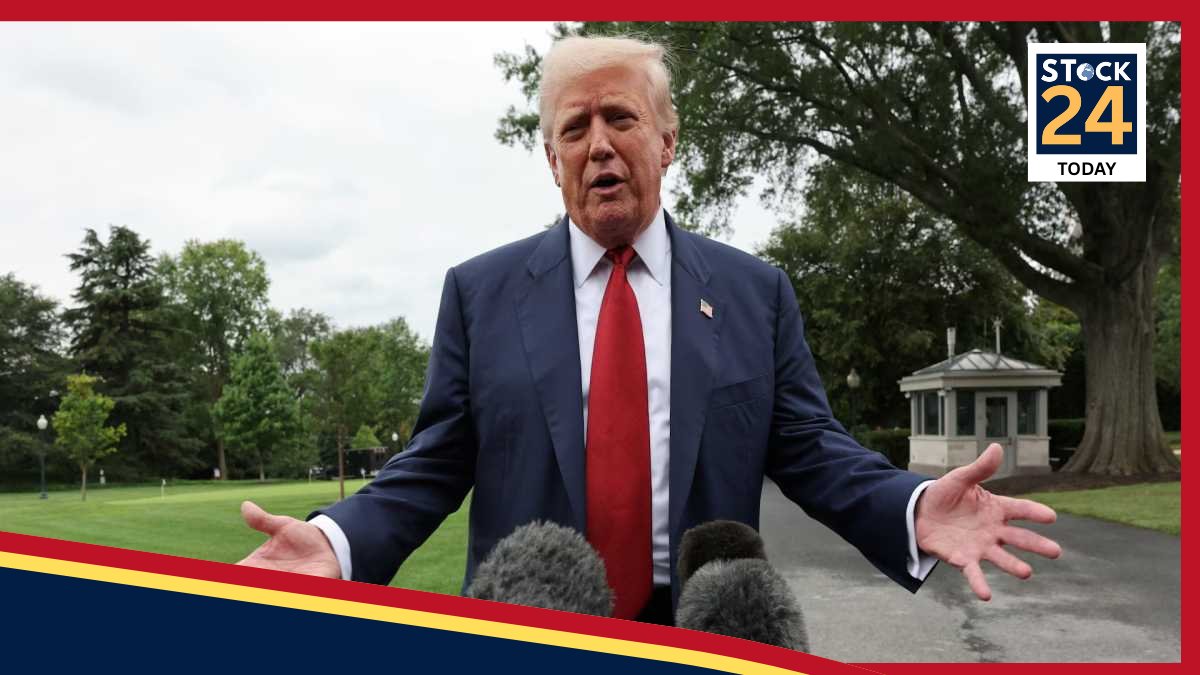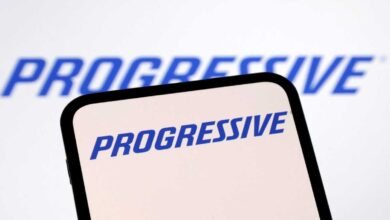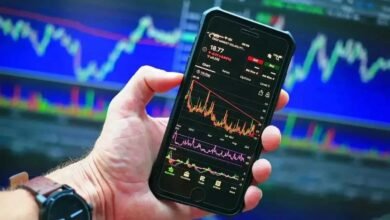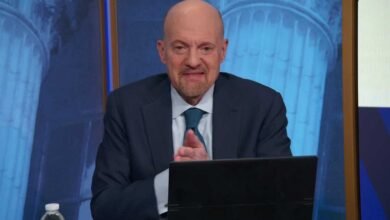White House Drafts Order to Combat ‘Political De-Banking’ After Trump Alleges Discrimination by Major Lenders

WASHINGTON — The White House is preparing an executive order to address allegations that banks are terminating customer relationships for political reasons, according to sources familiar with the plan. The move comes after former President Donald Trump claimed that leading financial institutions, including JPMorgan Chase and Bank of America, had discriminated against him and his supporters.
A draft of the executive order, reviewed by Reuters, directs federal regulators to investigate “politicized or unlawful de-banking” practices. The order could pave the way for monetary penalties or other disciplinary actions against banks found to be in violation. According to two industry sources, an official announcement could come as early as this week.
The White House has not yet issued a public comment on the matter.
The proposed action follows pointed criticism from Trump, who stated in a recent CNBC interview that he was personally targeted by major banks after his first term in office. He alleged, without providing evidence, that the institutions were encouraged by the Biden administration to “destroy” him.
“They did discriminate,” Trump said, recounting an experience with JPMorgan. “I had hundreds of millions, I had many, many accounts loaded up with cash … and they told me, ‘I’m sorry sir, we can’t have you. You have 20 days to get out’.”
Trump asserted that the practice extends beyond him, affecting a broader group. “They totally discriminate against, I think, me maybe even more, but they discriminate against many conservatives,” he added.
After being refused by JPMorgan, Trump said he also attempted to deposit funds with Bank of America but was turned away, ultimately forcing him to use a network of smaller lenders. “I ended up going to small banks all over the place,” he said.
Critics, however, suggest the executive order may be driven more by personal grievances than by broad policy concerns, potentially creating new risks for financial markets.
“While other moves (such as the tariffs) reflect his own economic assessment, this seems to reflect his personal beefs,” commented Peter Ricchiuti, a senior professor at Tulane University’s Freeman School of Business. “If it leads to clear retribution against the named banks it would lead to another issue for the financial markets.”
The issue also highlights ongoing concerns about potential conflicts of interest, as critics note that the administration’s policies can intersect with the former president’s extensive business empire, which he still owns despite it being held in a trust.
Following the reports, bank stocks showed a muted reaction, with Bank of America shares remaining flat and JPMorgan’s shares down slightly in trading.





